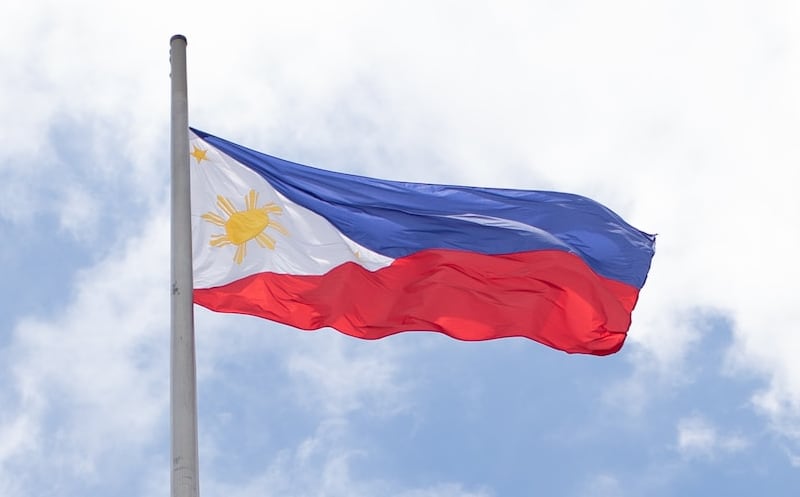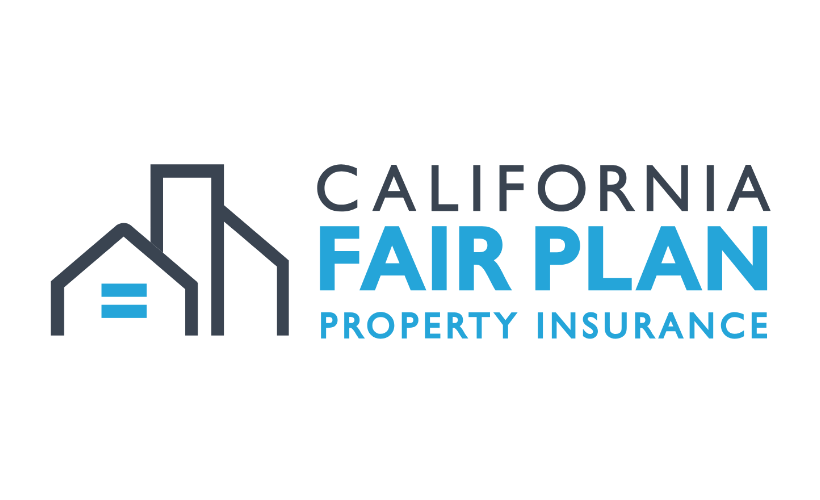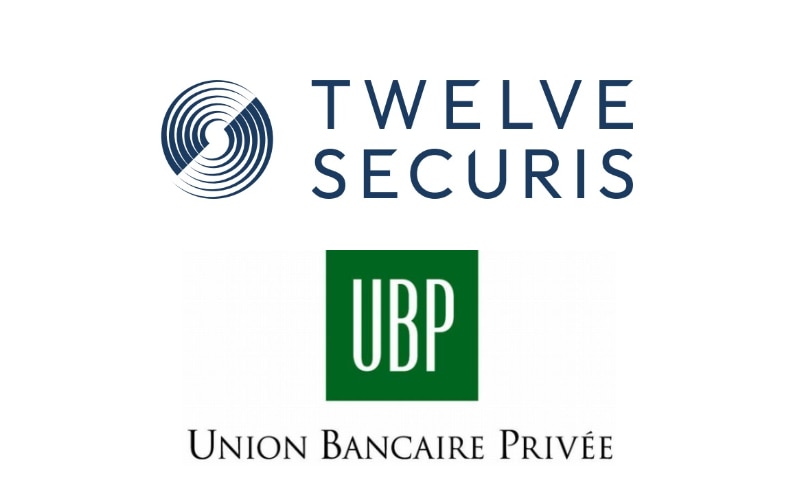
The government of the Philippines is aiming to secure enhanced climate-disaster risk financing and insurance capacity, with parametric structures likely to play a significant role, while Global Shield financing vehicles are expected to help fund the initiative.The Philippines Department of Finance (DOF) is collaborating with the Global Shield Secretariat and Institute for Climate and Sustainable Cities (ICSC) to establish the new disaster risk finance and insurance mechanisms.The Philippines has a track-record for embracing responsive and modern catastrophe and weather risk transfer solutions, from parametric triggered instruments, to indemnity reinsurance, and of course catastrophe bonds.The Department of Finance is in the process of development a Climate Finance Strategy and updating its Disaster Risk Finance and Insurance (DRFI) Strategy, which drive the risk transfer, insurance and reinsurance purchases of the government in many cases.
after COP27, alongside the World Bank officially launching its Global Shield Financing Facility.These two initiatives embed disaster risk financing techniques, in particular responsive risk transfer and anticipatory financing, at the heart of global efforts to build resilience to climate change and climate driven natural disaster events.as a multi-donor grant facility and one of the core financing vehicles of the Global Shield, designed to help vulnerable countries effectively address loss and damage exacerbated by climate change.
Within the scope of these initiatives are parametric insurance and risk transfer, with the Global Shield expected to encourage and support greater use of these instruments, while insurance-linked securities (ILS) such as catastrophe bonds are also a feature of Global Shield related documentation.“We aim to craft a proposal for a proactive solution, to be supported by Global Shield financing vehicles, a source of funding that is poised to bolster our financial defenses against the adverse effects of climate change and mitigate loss and damage, especially in the most vulnerable segments of our society,” Philippines Department of Finance Chief of Staff and Undersecretary Maria Luwalhati Dorotan Tiuseco explained.German Ambassador to the Philippines, Dr.
Andreas Michael Pfaffernoschke highlighted the important role of pre-arranged finance in reducing the fiscal impacts of climate and disasters.Germany is a key funding partner to the Global Shield Against Climate Risks.While the Philippines already has set-aside emergency funds, disaster event triggered contingent capital and sovereign insurance capacity, the government feels there are still gaps.
The government wants to establish climate-disaster risk financing and insurance as “a cost-effective and accessible mechanism to address climate-related losses and damages faced by vulnerable people and communities.” “It is important to note that this is not a new strategy on its own.The Global Shield project will complement and be integrated into our broader national efforts,” Undersecretary Dorotan Tiuseco explained. “By investing in CDRFI tools, we are not just bracing ourselves for the next storm––we are making an investment in long-term economic stability.” Parametric insurance and micro-insurance are seen as likely in scope, while we understand there is a recognition that risk capital is going to be needed from multiple sources in order to satisfy the needs of rolling out a holistic disaster insurance framework that truly meets the needs of all constituents, from government to the population.In the late 2010’s, .
In late 2019 .The government , but did not renew the deal when it matured.In addition, the Philippines has purchased other indemnity insurance and reinsurance products to support its infrastructure and government buildings in the past, as well as undertaken a range of micro-insurance pilots often on a parametric trigger basis.
It’s no stranger to the complexities of risk transfer and insurance, or to tapping the capital markets for support.The Global Shield initiative is now set to help the Philippines design a new strategy to address climate related disaster losses, with pre-arranged financing and responsive payout structures likely to feature heavily in the design.“Resilience is not defined by the lack of vulnerability, but by our capacity to withstand shocks and adapt well in the face of adversity.
There will always be challenges over the horizon, but with a strategic approach, we will overcome them,” Undersecretary Dorotan Tiuseco said..All of our Artemis Live insurance-linked securities (ILS), catastrophe bonds and reinsurance can be accessed online.Our can be subscribed to using the typical podcast services providers, including Apple, Google, Spotify and more.
Publisher: Artemis








